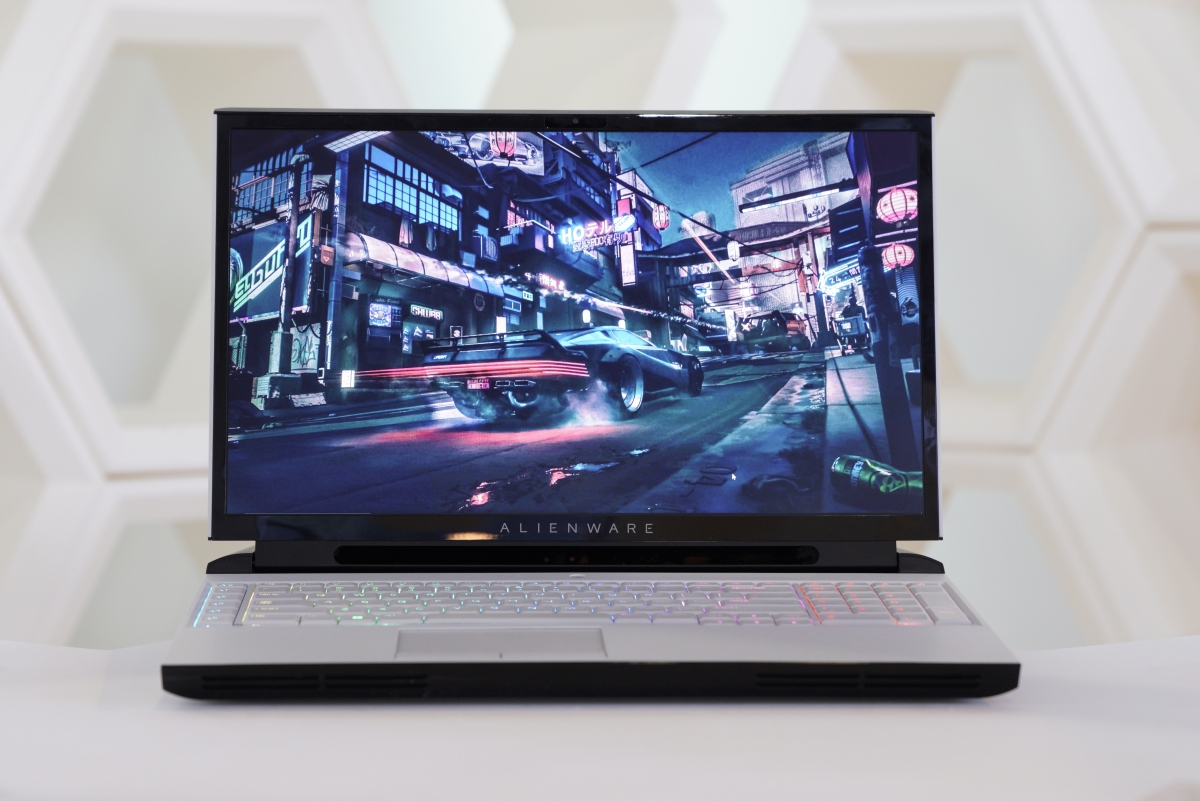Forward-looking: The real appeal of a modular system like this is whether or not users will be able to upgrade to the next generation of graphics card. History would suggest that’s a big “negative” but we won’t know for a while longer.

Alienware at the Consumer Electronics Show earlier this year announced the Area-51m, a flagship gaming laptop headlined by a user-upgradeable, desktop-class CPU and GPU. After nearly a year in waiting, the upgradeable GPUs are now available to purchase.
Potential buyers may want to curb their enthusiasm a bit, however, as there’s not really much “new” here. Allow me to explain.
Level up with the #Alienware Area-51m Upgrade Kit. With at-home installation, it’s easy to upgrade your system with the @NVIDIA GeForce RTX™ 2080 graphics card and thermal module, so you won’t miss a frame. https://t.co/oskRjsk4bn pic.twitter.com/JXrVNI0krA
— ALIENWARE (@Alienware) November 7, 2019
The Dell subsidiary is offering the Alienware Area-51m upgrade kit with thermal module in Nvidia GeForce RTX 2070 and RTX 2080 variants priced at $1,038.99 and $1,638.99, respectively. That’s a hefty premium over their desktop counterparts, sure, but such is the cost of doing business in the proprietary laptop industry.
More underwhelming, still, is the fact that both GPU options have been available from the get-go when configuring a new system. Really, this means that the new upgrade kits are only appealing to those that skimped on their GPU out of the gate. Considering the Area-51m starts at $1,999.99, you've got to wonder just how many people would have opted for a low-end solution at this price point to begin with.
https://www.techspot.com/news/82683-alienware-launches-gpu-upgrade-kits-area-51m-gaming.html